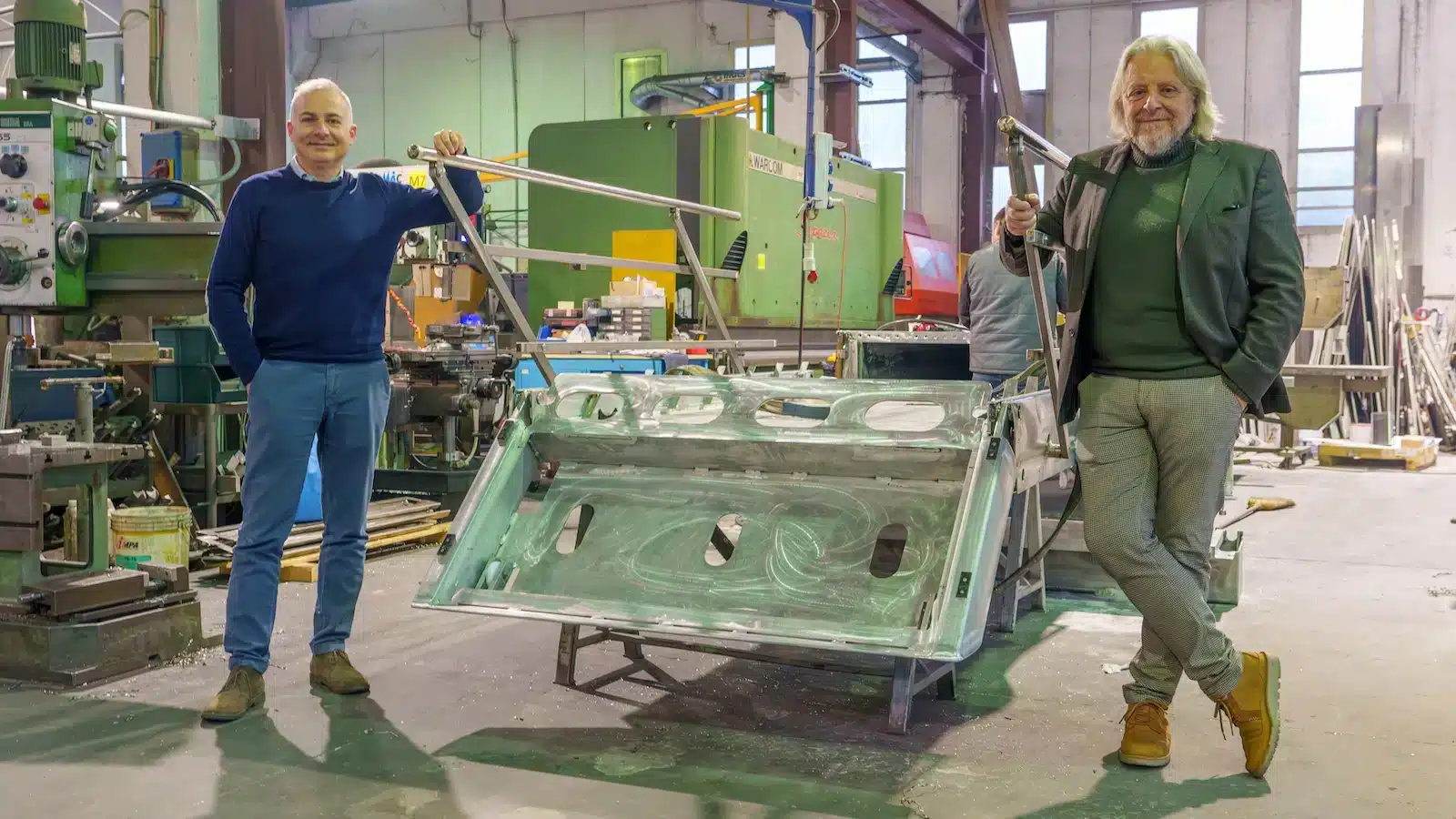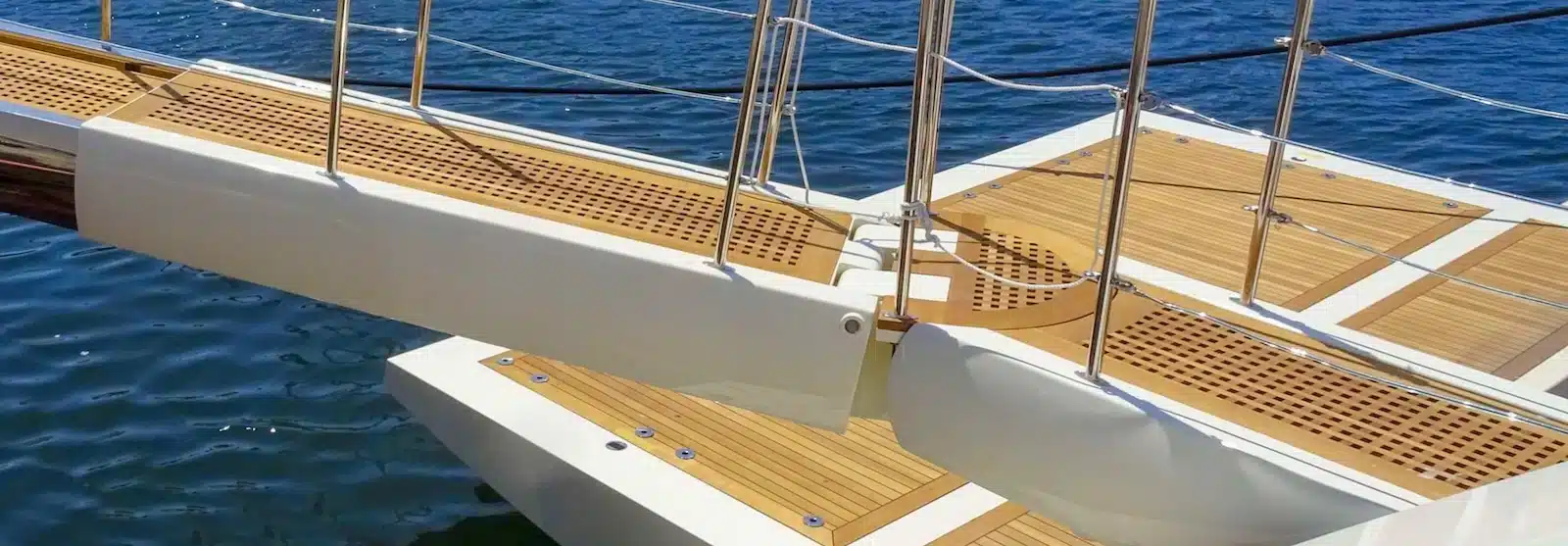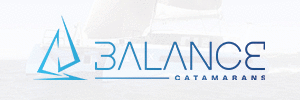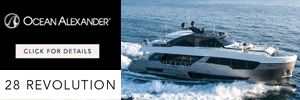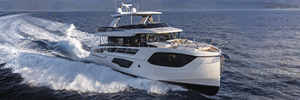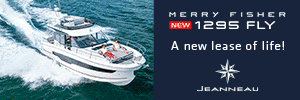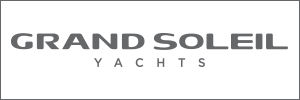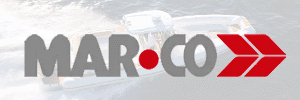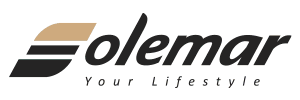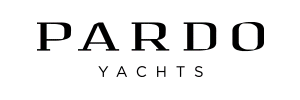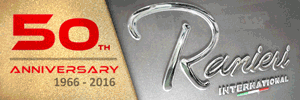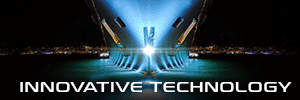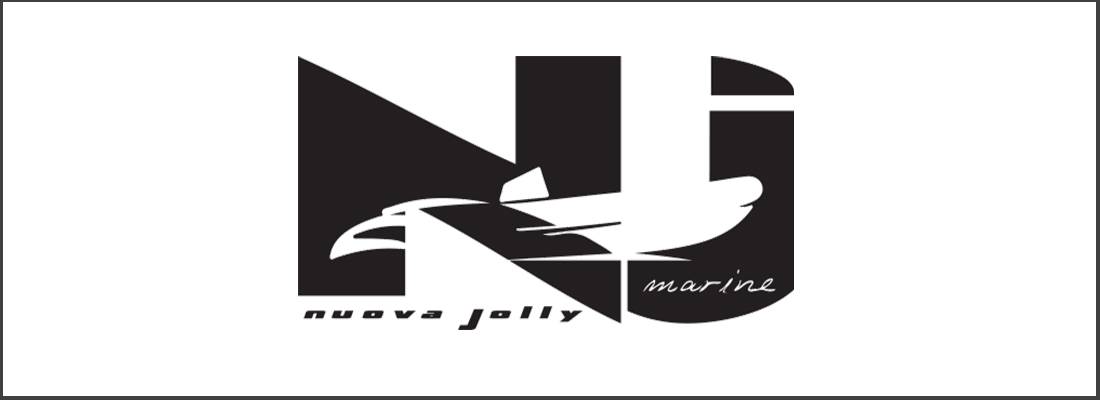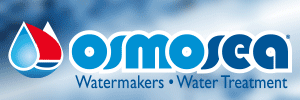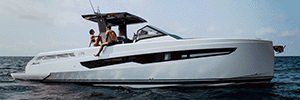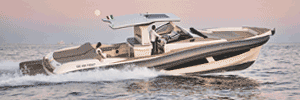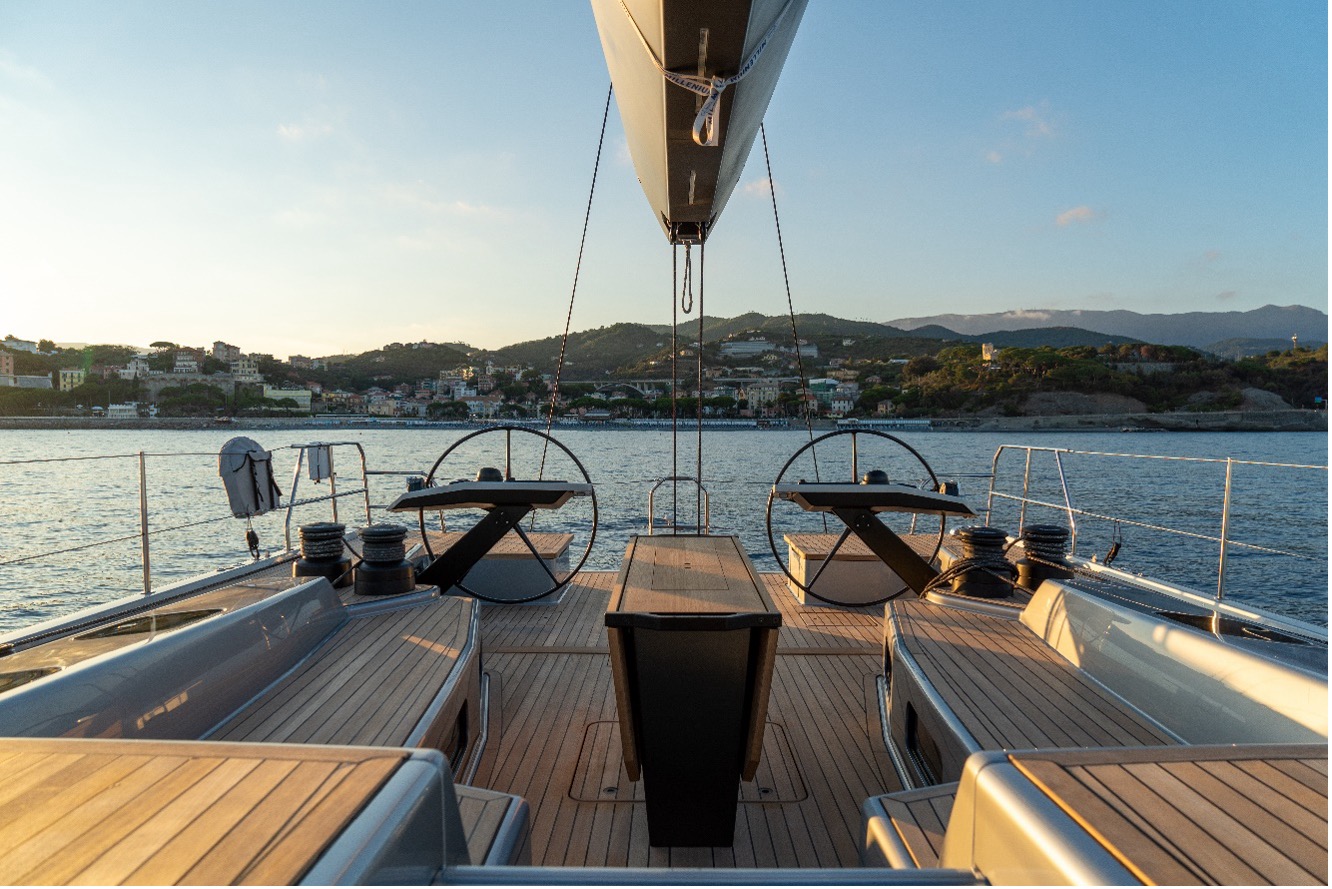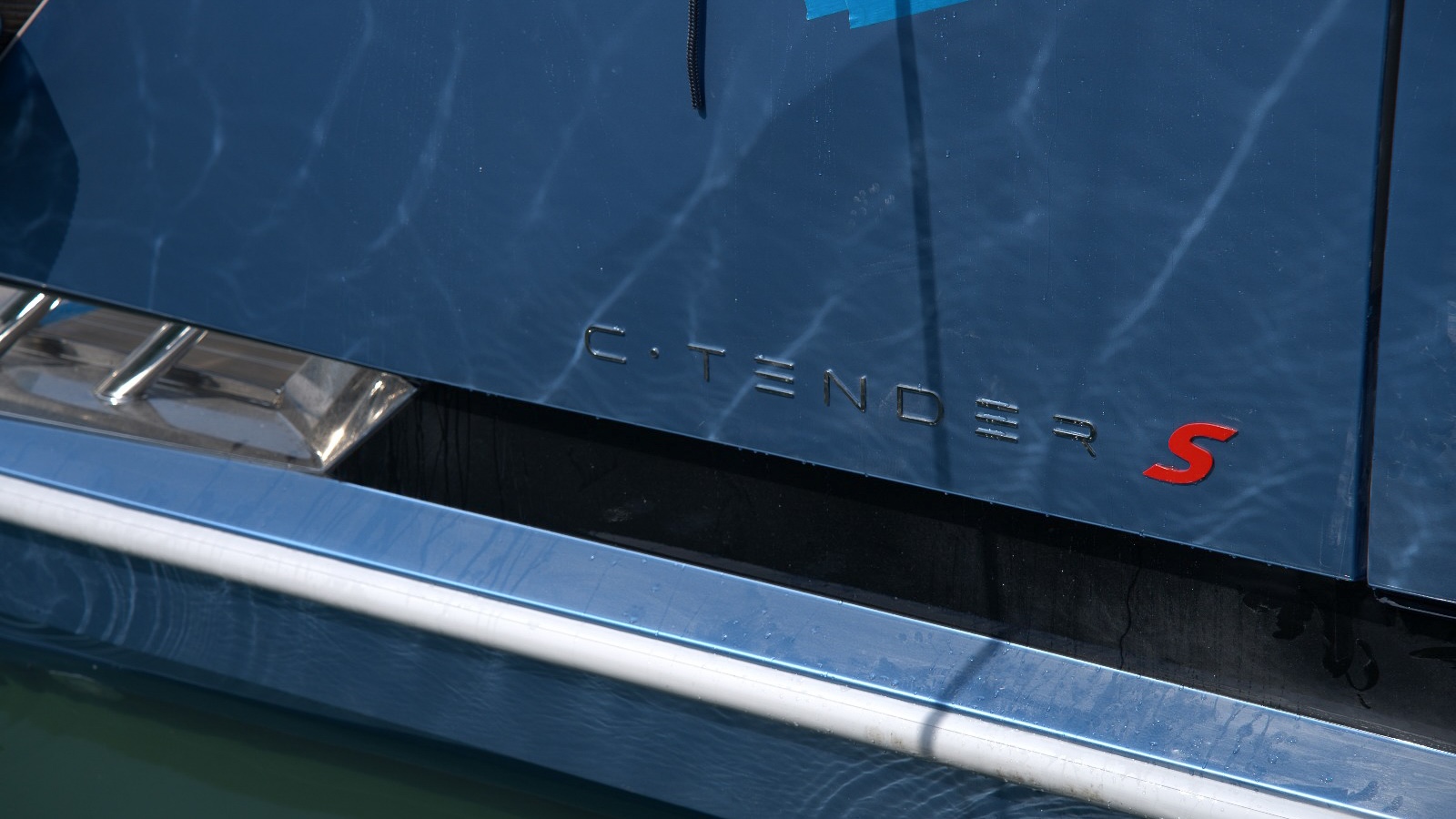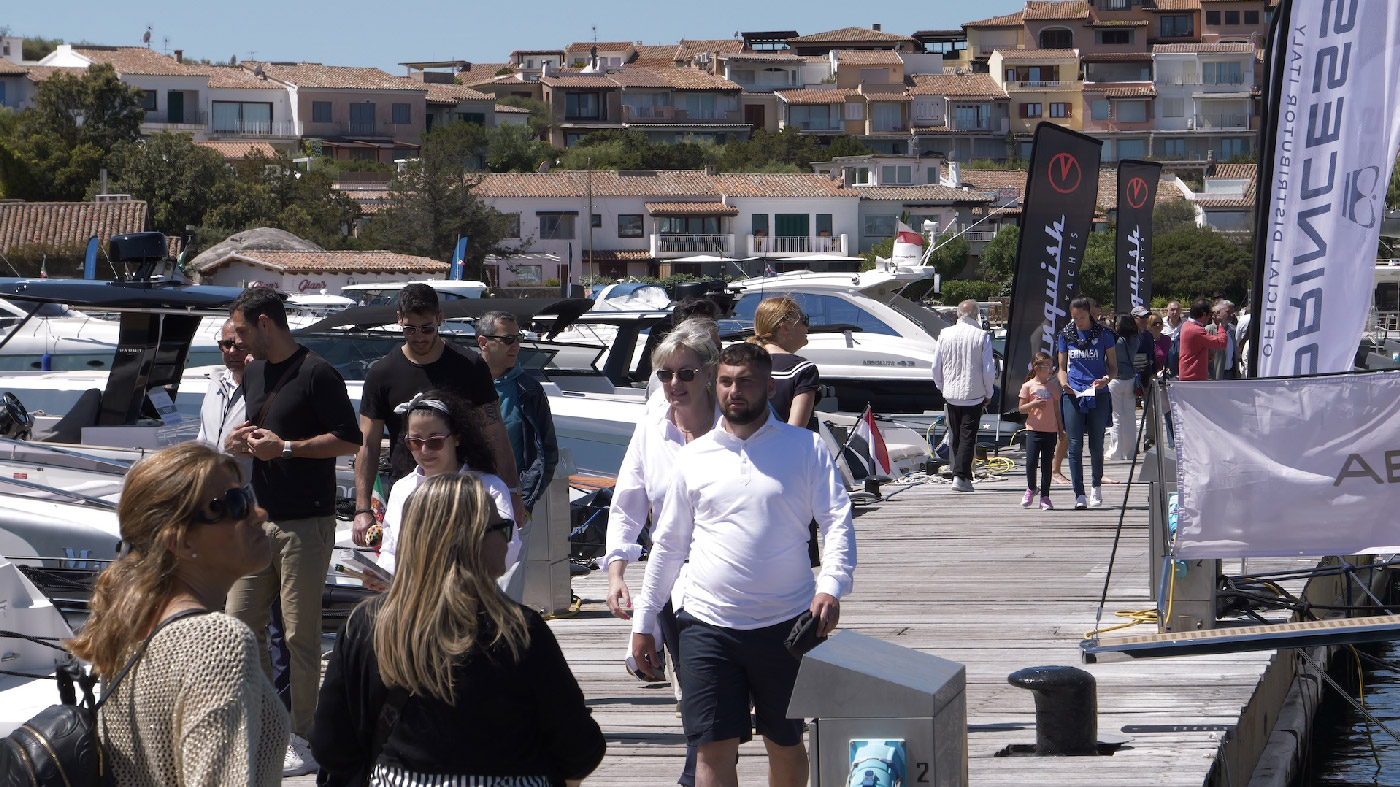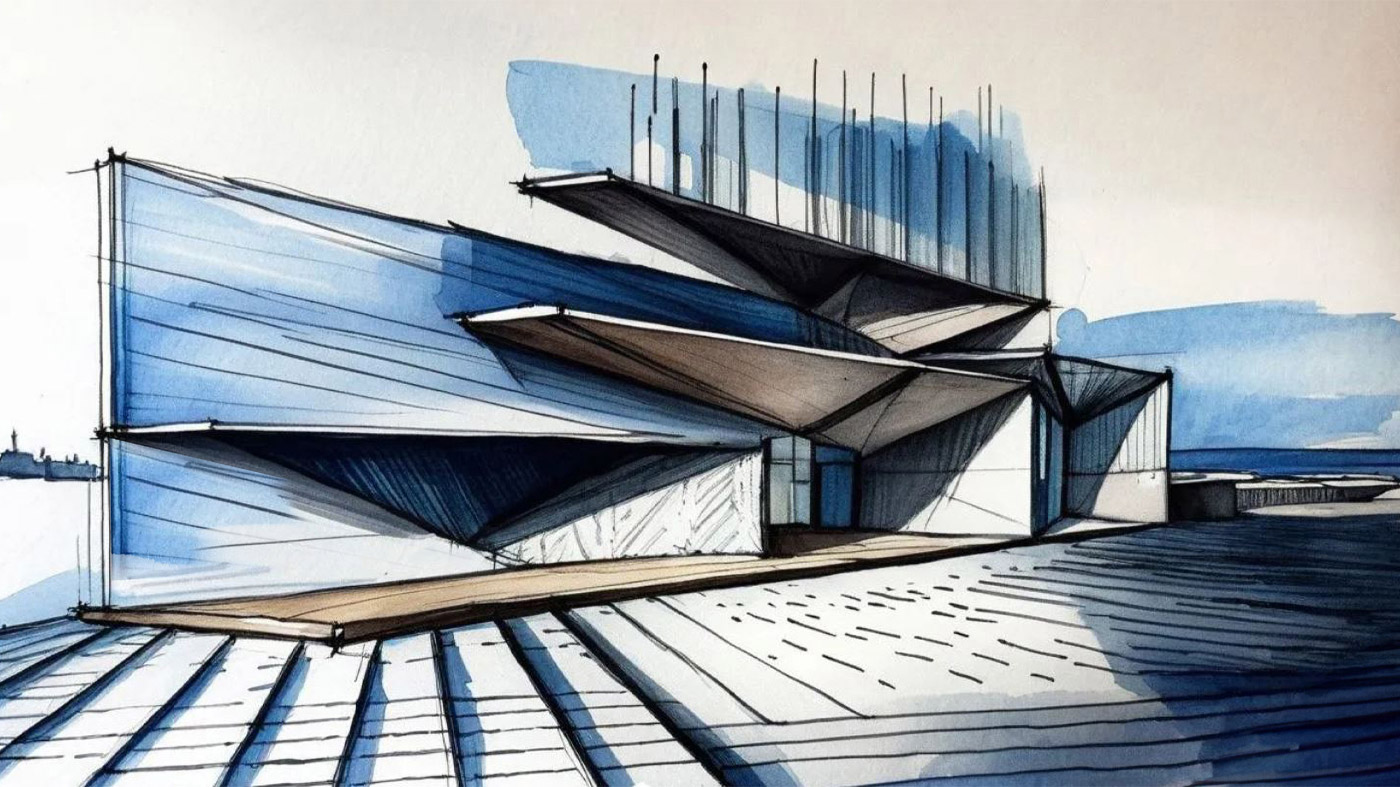Superyachts are constantly growing, not only in size but – above all – in their capability to offer a number of functions or conveniences that make a big difference to the quality of life on board. This evolution concerns first and foremost the stern platforms which, fixed in the past, are now usually submersible and provide a variety of functions, reaching much larger dimensions than in the past. Stern platforms have therefore become true products of increasingly advanced yachting engineering, in a technological development that has also involved gangways, cranes and all other moving parts that assist in the ever-increasing demand for range and versatility. A constantly moving universe of accessories towards increasingly innovative engineering, a field that prompted us to seek an in-depth discussion with one of the leading experts in this sector, Sergio Cutolo. With over three decades of experience in the industry, Sergio Cutolo is the spiritual father of the Explorer Yachts and co-founder of Hydro Tec, one of the world’s top naval design and engineering studios.
On the other side of the table is Sanguineti Chiavari, which, backed by undisputed leadership in the sector, has been making real what the genius of the naval engineer designs for over 65 years, with a mastery that has few rivals in the world. This historic company has recently become part of the Quick group, with Lorenzo Cesari at its helm, kicking into high gear and moving on to conquer new territories.
Stern platforms are now becoming beach clubs, increasingly large and multipurpose. Sergio Cutolo, tell us about this new trend: what are the consequences and engineering challenges, and what will be the future developments in this respect?
Sergio Cutolo: ” Stern shapes of boats have evolved in a rather unpredictable way in recent years. Today you can no longer design a boat without confronting the customer about the use he wants to make of the stern platform. In the past, when I started working in the boating industry, there was the ‘boat lifestyle’: you used boat clothing, you behaved as required on a boat, you ate what you could eat on a boat… In other words, you had to adapt to life on board, while today’s boat owners want to maintain their lifestyle while boating; as a result, boats have started to adapt to them and to be very different. This is also why we are in a moment of great design evolution, and the stern is the element where this change is most pronounced.
First of all, today the stern is frequently used for transporting tenders on long crossings, so it must be a multipurpose space that can act as both a garage and a beach club when the boat is moored. On larger yachts, then, the stern platform can even become an area in which to land a helicopter or create a pop-up pool. In other words, it is an area that is always worth keeping as flexible as possible in its use, which is why in recent years stern platforms have become a true concentration of handling technology, with lifting and lowering platforms, hatches that can be placed at deck level, appendages to obtain new entrances to the sea, and so on. The stern area no longer has a single function”.
Lorenzo Cesari, from receiving a design to the installation of a masterpiece of engineering, what does it mean for Sanguineti Chiavari to create products of excellence, almost exclusively custom-made?
Lorenzo Cesari: “Our products are all custom-made, as we receive requests even at the pre-design stage, and we often make them after brainstorming with shipyards, designers and brokers who are looking for unique solutions for their customers. The stern areas are certainly where we are most involved, as we look for multifunctional areas while maintaining a very prestigious design and managing to integrate very innovative mechanical and hydraulic solutions. Together with our technical department, when we are faced with customers who require a transverse use of the stern, we always try to propose different solutions, but without ever forgetting the feasibility of implementation. Basically, we don’t have a standard production to which the yards have to adapt, but rather we adapt to their requests, always measuring ourselves against the challenge of providing solutions that are as complex, compact, solid and reliable as possible, as we have been trying to do for 65 years”.
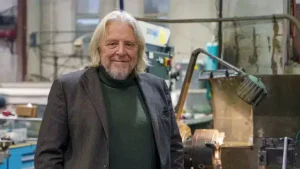
Sergio, how important is the relationship with Sanguineti Chiavari for Hydro Tec? Are you more of a supplier or a partner?
Sergio Cutolo: “Sanguineti is officially a supplier, but actually it is a design partner. Basically, we receive inputs that we try to transform on an architectural and engineering level, and then have them produced. The interesting aspect in this process is that the proposals we make to Sanguineti are often further developed and come to have their own independent market. We are ‘generalists’ who deal with designing a boat and its subsystems, while they are specialists who can create extremely interesting solutions”.
Your top level custom products spend a good part of their life at sea, one of the most hostile environments in the world. Lorenzo, how important is quality and after-sales service for Sanguineti?
Lorenzo Cesari: “Our products are designed to remain immersed in salt water for a long time. We use both 316 stainless steel and aluminium; the latter always has anodic protection to guarantee its reliability over time, even at sea. In our mind, the Sanguineti product must last decades and must always be maintainable and easy to dismantle to guarantee assistance, which we offer worldwide through a widespread service network”.
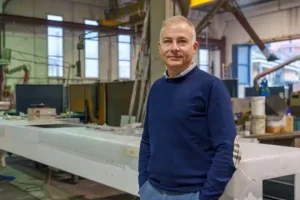
Which are the most important foreign and Italian shipyards you have partnered with?
Lorenzo Cesari: “In recent years we have worked mainly with five shipyards: Cantiere delle Marche, Overmarine Group, Palumbo Group, Codecasa and Baglietto. We have also collaborated with many other shipyards, but these five are our regular clients, from which we already have many orders with deliveries up to 2025 and with which we work on a weekly basis in terms of studies, executive design and simple brainstorming”.
Sergio Cutolo: “In the last five years our customer base has expanded, but above all the shipyards we have been working with since the beginning have greatly grown, both in terms of size and number of projects. Cantiere delle Marche and Palumbo are two brands we share with Sanguineti: we have been working with them for twelve years; at the beginning they were new shipyards and on the fringes of the sector, while today they are two very important players in the international yachting industry”.
Which is, in your opinion, the most surprising product from an engineering point of view created by Sanguineti Chiavari?
Sergio Cutolo: “We have created some incredible products, from very long gangways to cranes that handle very heavy tenders and huge hatches. One of our most recent points of pride is a retractable crane with a capacity of three tonnes, which we are working on right now: it will be a very smart solution, custom-made with a major shipyard”.
Lorenzo Cesari: “As far as I am concerned, I am a great lover of the Sanguineti gangways. I think they are unrivalled in terms of beauty and appeal: you only have to look at them when the boat is moored in the marina to perceive the high-quality feel of the whole boat. Their rounded profiles, elegant lines and extreme level of customization – from the lights to the paintwork – make Sanguineti gangways products that no other brand even comes close to. To realize this, just walk on them for two or three steps: the sturdiness and immobility they convey is something unique”.
What are Hydro Tec’s future plans?
Sergio Cutolo: “My desire is to explore catamarans. It is a type of boat that I have already been involved with in the past and that has always fascinated me because of its limits and potential, so I decided to tackle it from the yacht concept perspective. The catamaran forces the designer to think differently, starting with the layout, which is developed in width, so all the proportions change and are distorted, and this forces you to revise your standards, not to apply your knowledge but to explore new ones”.
How is yacht design evolving and how is the need for space on board changing?
Sergio Cutolo: “Just as once, in the automotive industry, there were only three types of cars (sedan, coupe and hatchback) and later hybrids and crossovers started to come out, the same is happening in yachting. In my opinion, this is mainly due to the fact that customers like to have the possibility of long cruises, because exploration at sea is an instinct of human nature and a life-changing experience. At the design level you have to think about boats that are designed to spend long times on board. Boats are becoming increasingly ductile and flexible, with more and more capacity in terms of range, special spaces for spending long periods of time on board, from the galley to the gym to the dining room. For the future of boating, I see a global boat that can adapt to any climate and scenario, allowing the owner to go anywhere with his personal belongings, rather than having to pack for every trip. With the average age of owners tending to fall, I foresee an increasingly sporty and exploratory use of boats. The customers’ interest is no longer in the boat itself, but in what the boat allows to do”.

